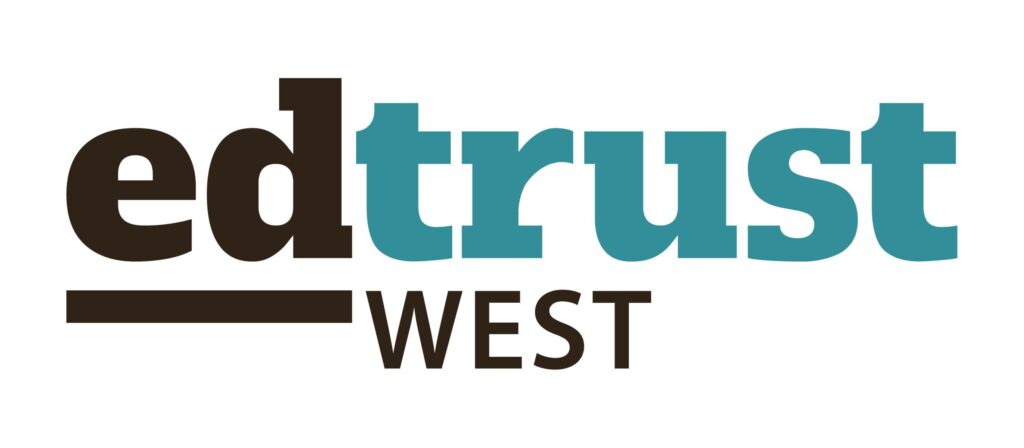Preparing for the coronavirus through an educational equity lens starts by recognizing that vulnerable students are at particular risk if schools close for any length of time.
As school leaders revisit their emergency plans, here are 6 specific steps they should explore in order to promote instructional equity and preserve student well-being if schools close:
PROMOTE INSTRUCTIONAL EQUITY
1. Ensure equitable access to learning materials. Schools should prepare to provide instructional materials to students if schools are closed in order to keep students engaged and learning. Schools should not rely on remote or distance learning unless the school district has previously provided all students with access to required materials, including technology.
2. Work closely with teachers and counselors to provide support. Schools should engage teachers in preparing instructional materials to continue students’ learning. This can include providing grade- and instruction-appropriate periodicals, texts, links to instructional videos, and take-home activities. Schools should also work with school counselors to anticipate and meet the socioemotional needs of students.
3. Address the specific learning needs of students with disabilities, English learners, and students in temporary housing. School districts should ensure that the learning materials made available meet the specific needs of students with disabilities, English learners, and students in temporary housing. To support English learners, schools should also ensure that information about resources and support is available to families in multiple languages.
PROTECT STUDENT WELL-BEING
4. Provide breakfast and lunch to students who rely on school meals. School districts should work with their food service providers to make meals available for students who are low-income for the duration of any school closure. Schools should offer grab-and-go meals at school sites and, to the extent eligible and geographically feasible, at sites in the community, including but not limited to food banks, food pantries, and other community feeding organizations.
5. Coordinate with trusted community partners. Schools should work with community-based organizations, faith communities, after-school providers, and other trusted partners to ensure clear and consistent communication to students and families about accurate coronavirus information and the resources and supports available.
6. Connect families to other services they may need. While schools cannot be expected to do everything, they are a vital and trusted hub for students and their families in a time of uncertainty. Schools should work with their local government partners so that they are able to point families to health, housing, legal, and other resources.


